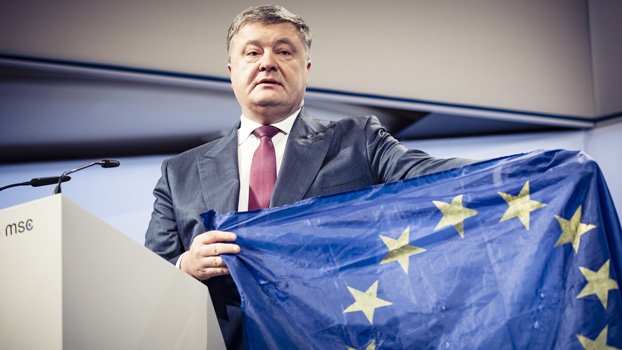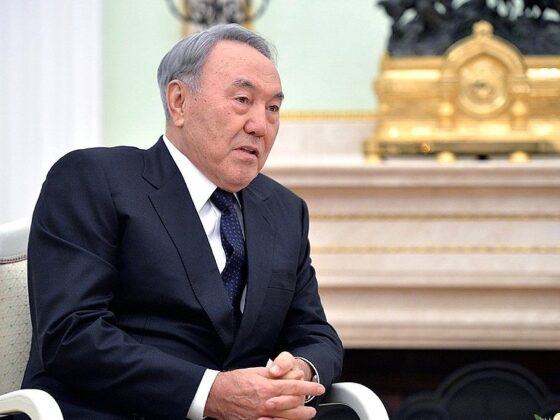(Rosalux) Loren Balhorn (LB): Ukraine is scheduled to hold presidential elections at the end of the month, preceding elections to the national parliament, or “Verkhovna Rada,” later this year. Is there anything special about the timing? What exactly is the president’s role in the Ukrainian political system, and what implications will the vote have for parliamentary elections in October?
Volodymyr Ishchenko (VI): The timing is simple: it’s been five years since 2014 and the Maidan Uprising, when snap elections were called that saw Viktor Yanukovych and his Party of Regions lose a lot of strength. The first round of the presidential elections is at the end of the month, and it is very likely that there will be a second round because no candidate will receive over 50 per cent (at least according to polls).
The president is very important in Ukrainian politics. The country is formally a parliamentary-presidential system, neither fully parliamentary nor fully presidential, but this is a very uneasy balance of power. The prime minister is an important position elected by the parliamentary majority, but the president also has influence over important government ministers. As is true of many post-Soviet states, however, beyond this formal institutional division of powers the informal divisions are much more decisive. Who is loyal to whom and who is dependent on whom plays a much bigger role in “real” Ukrainian politics than formal powers and privileges.
Petro Poroshenko, the current president, is the most important person in Ukrainian politics. His powers are formally limited but he has other ways to exercise influence and his own party, the “Petro Poroshenko Bloc” that forms the government together with the “People’s Front,” the party of former Prime Minister Arseniy Yatsenyuk. Another important figure in that party is the current Minister of Internal Affairs, Arsen Avakov, who is also a very wealthy man. […]
Read More © Rosalux











